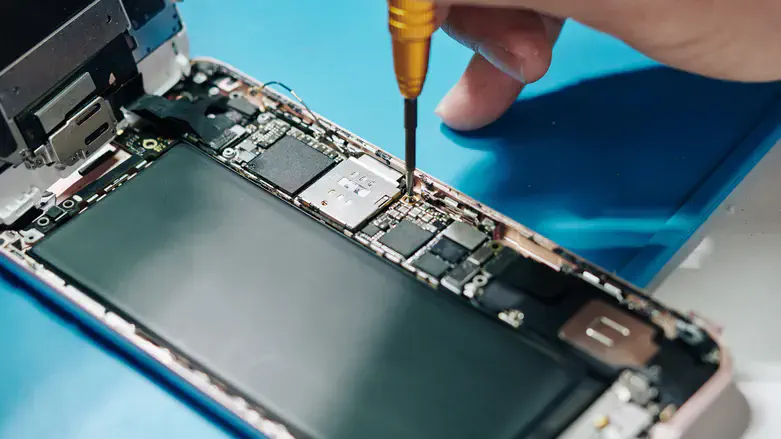
Hsu Ching Kuang, founder of the Taiwanese company Gold Apollo, whose name appears on the pagers that exploded in Lebanon, claims that a company in Europe produced the pagers.
According to Kuang, the European company received the right to use the Taiwanese brand name and produce the pagers, and it is possible that this is how the explosives, that later exploded and injured 3,000 Hezbollah terrorists and killed at least nine of them, were planted.
"The product was not ours. It was manufactured by a company in Europe. It's just that our brand name was on it. We are the responsible company. It's very embarrassing," Kuang said.
At this time, Hezbollah continues to investigate the security breach that led to the dramatic operation of the pager explosions.
A Hezbollah official, who spoke anonymously to world media, said that "the explosion is the biggest security breach" of the terrorist organization since the outbreak of the military conflict with Israel, immediately after the October 7 massacre.
Even the West commented on the explosions and said that it was an incredible security failure by Hezbollah. Jonathan Panikoff, Deputy National Intelligence Officer for the Near East at the National Intelligence Council, said that, "this is definitely the biggest counterintelligence failure that Hezbollah has suffered in decades."
Spokesman for the US Department of State, Matthew Miller, referred to the connection between the pager explosions sand the cease-fire and hostage deal that the US is pushing for, saying that, "it is too early to say how this will affect the cease-fire talks in Gaza. The US is not involved and does not know who is responsible for the pager explosions."
